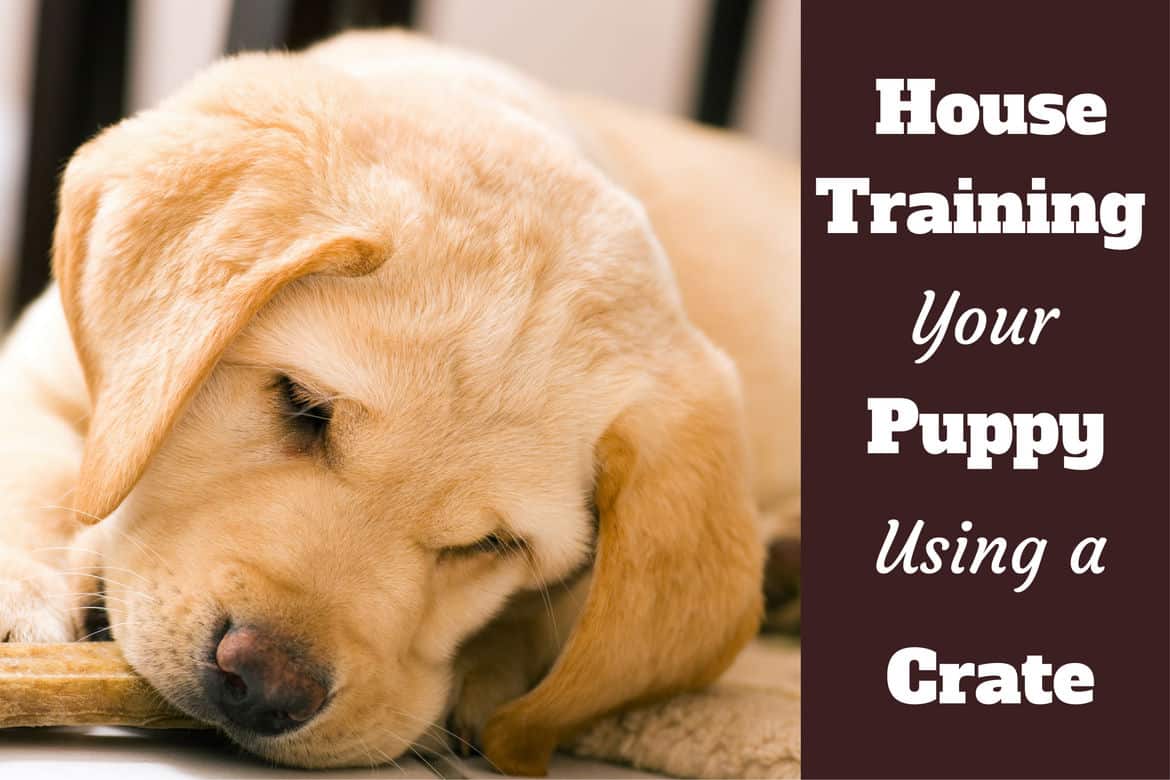how do i house train my dog
How to House Train Your Dog
House training a dog is one of the most important tasks you'll undertake as a pet owner. It's not always easy, but it's definitely doable with some patience and consistency.
In this article, we'll discuss the basics of house training, including how to set your dog up for success, what to expect during the process, and how to deal with any setbacks. We'll also provide tips for dealing with specific problems, such as potty accidents and chewing.
1. Set your dog up for success
The first step to house training your dog is to make sure that you're setting them up for success. This means providing them with the right environment, training them in the right way, and being patient and consistent with your expectations.
Provide the right environment
The best way to house train your dog is to create a clean and comfortable environment for them to eliminate in. This means keeping their crate clean, providing them with plenty of opportunities to go outside, and training them to use the designated potty area.

Train your dog in the right way
The best way to train your dog to housebreak is to use positive reinforcement. This means rewarding your dog when they eliminate in the right place and ignoring them when they eliminate in the wrong place.
Be patient and consistent

House training a dog takes time and patience. It's important to be consistent with your training methods and to never give up. With time and effort, your dog will eventually learn to housebreak.
2. What to expect during the process
House training a dog can take anywhere from a few weeks to a few months. The exact amount of time it takes will vary depending on the individual dog.

During the house training process, you can expect to experience some setbacks. This is perfectly normal. Just be patient and consistent with your training methods, and your dog will eventually get the hang of it.
Some of the most common setbacks that dog owners experience during the house training process include:
- Potty accidents
- Chewing
- Barking
- Digging

If you're experiencing any of these setbacks, don't worry. There are plenty of ways to deal with them. We'll discuss some specific tips for dealing with each of these setbacks later in this article.
3. How to deal with setbacks
Potty accidents are one of the most common setbacks that dog owners experience during the house training process. Here are a few tips for dealing with potty accidents:

- Clean up the mess immediately. This will help to prevent your dog from smelling the urine or feces and associating it with the potty area.
- Take your dog outside to the designated potty area immediately after the accident. This will help to reinforce the association between the potty area and going to the bathroom.
- Be patient and consistent with your training methods. House training takes time and patience. Don't get discouraged if your dog has an accident. Just keep at it, and eventually, they will learn to go to the bathroom in the right place.
Chewing is another common problem that dog owners experience during the house training process. Here are a few tips for dealing with chewing:
- Provide your dog with plenty of chew toys. This will help to keep them occupied and prevent them from chewing on your furniture or other belongings.
- Redirect your dog's chewing behavior. If you see your dog chewing on something they shouldn't be, gently redirect them to a chew toy.
- Be patient and consistent with your training methods. Chewing is a natural behavior for dogs. Don't get discouraged if your dog chews on something they shouldn't. Just keep at it, and eventually, they will learn what is and isn't acceptable to chew on.

Barking and digging are two other common problems that dog owners experience during the house training process. Here are a few tips for dealing with barking and digging:
- Ignore your dog when they bark or dig. This will help to teach them that they won't get attention for this behavior.
- Provide your dog with plenty of exercise. This will help to reduce their pent-up energy and make them less likely to bark or dig.
- Redirect your dog's behavior. If you see your dog barking or digging, gently redirect them to a different activity.
- Be patient and consistent with your training methods. Barking and digging are natural behaviors for dogs. Don't get discouraged if your dog barks or digs. Just keep at it, and eventually, they will learn what is and isn't acceptable behavior.
4. Tips for specific problems

In addition to the general tips we've provided above
Thank you for exploring our website by how do i house train my dog. Your presence fuels our commitment to excellence. Come back for a more enriching experience!
